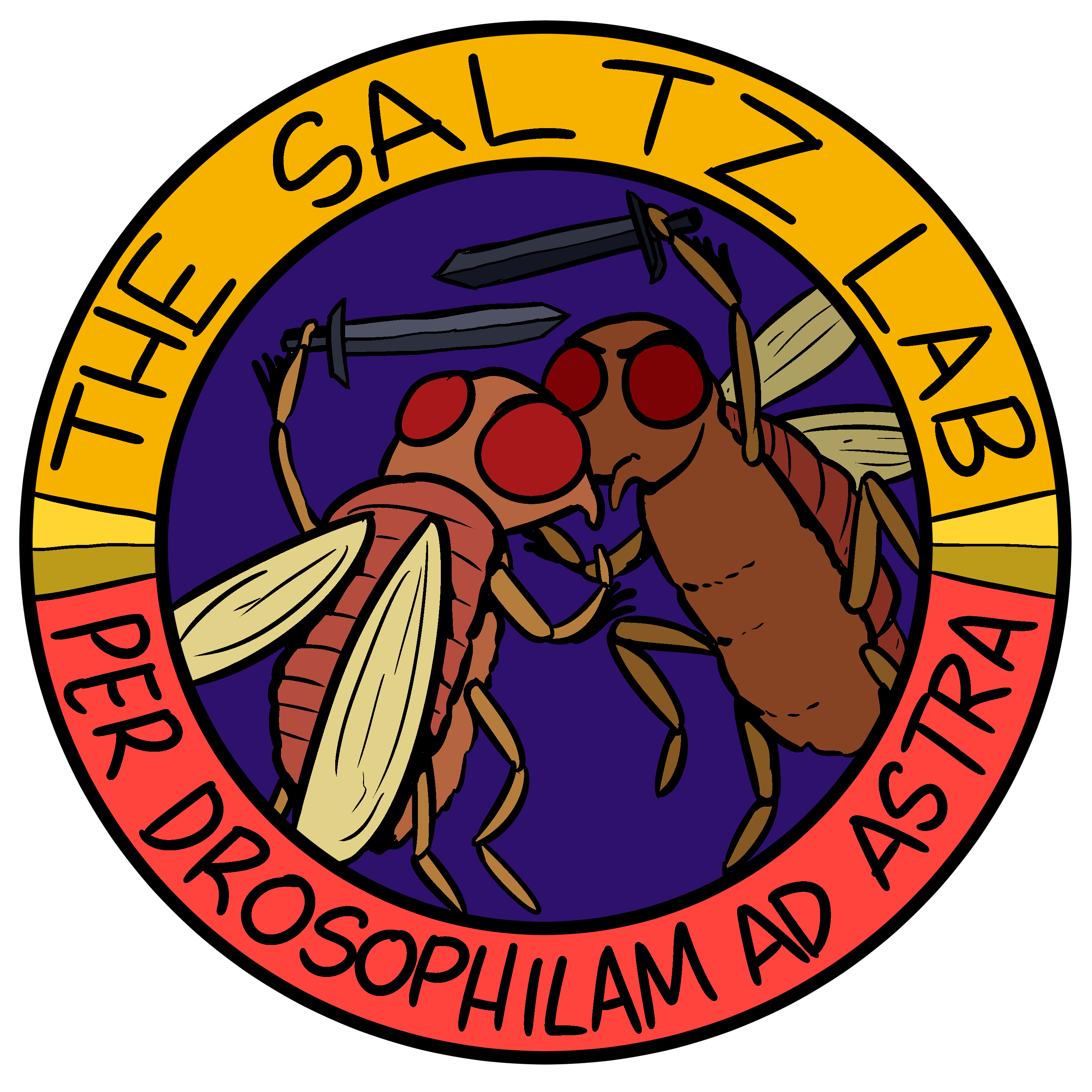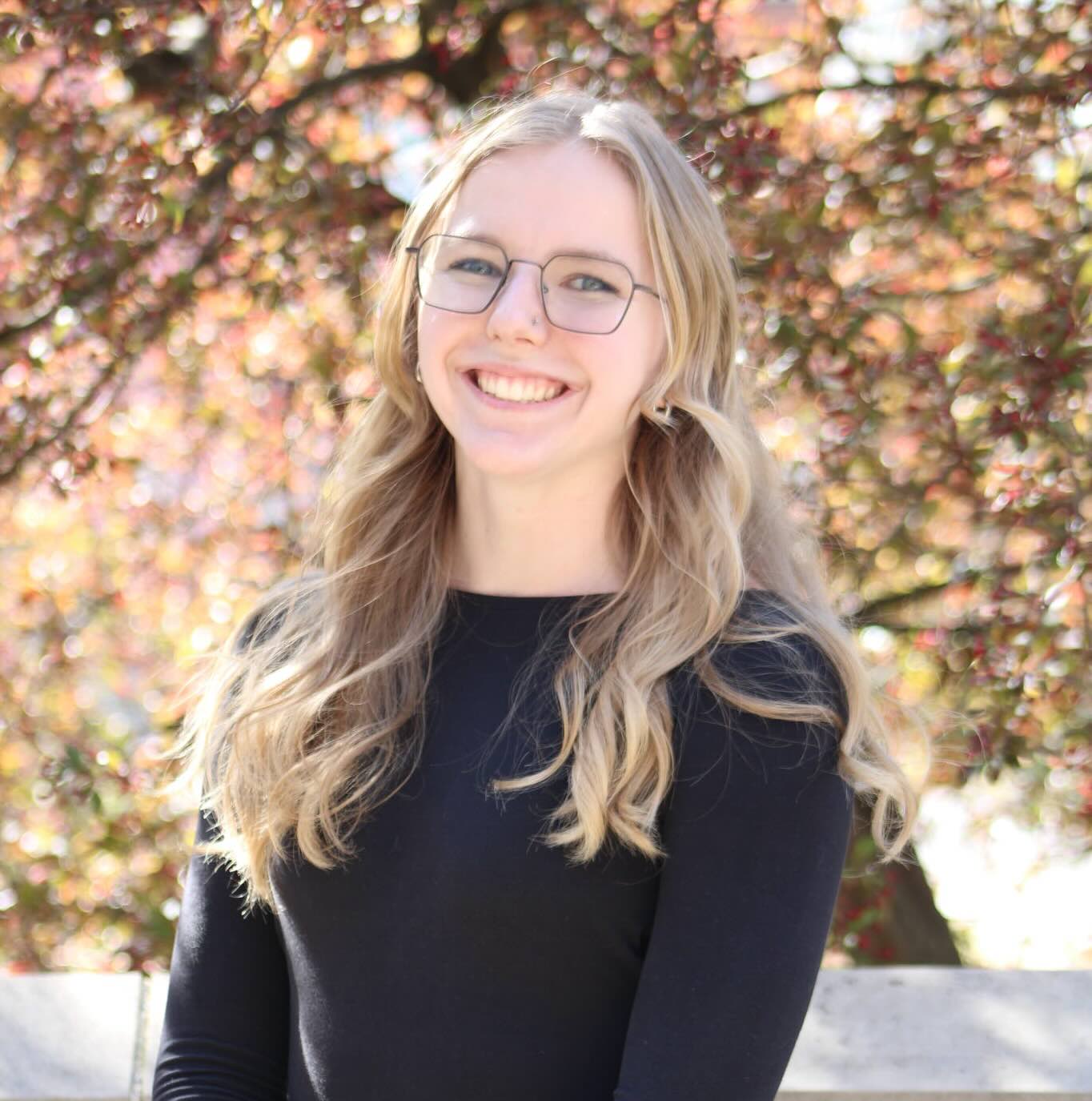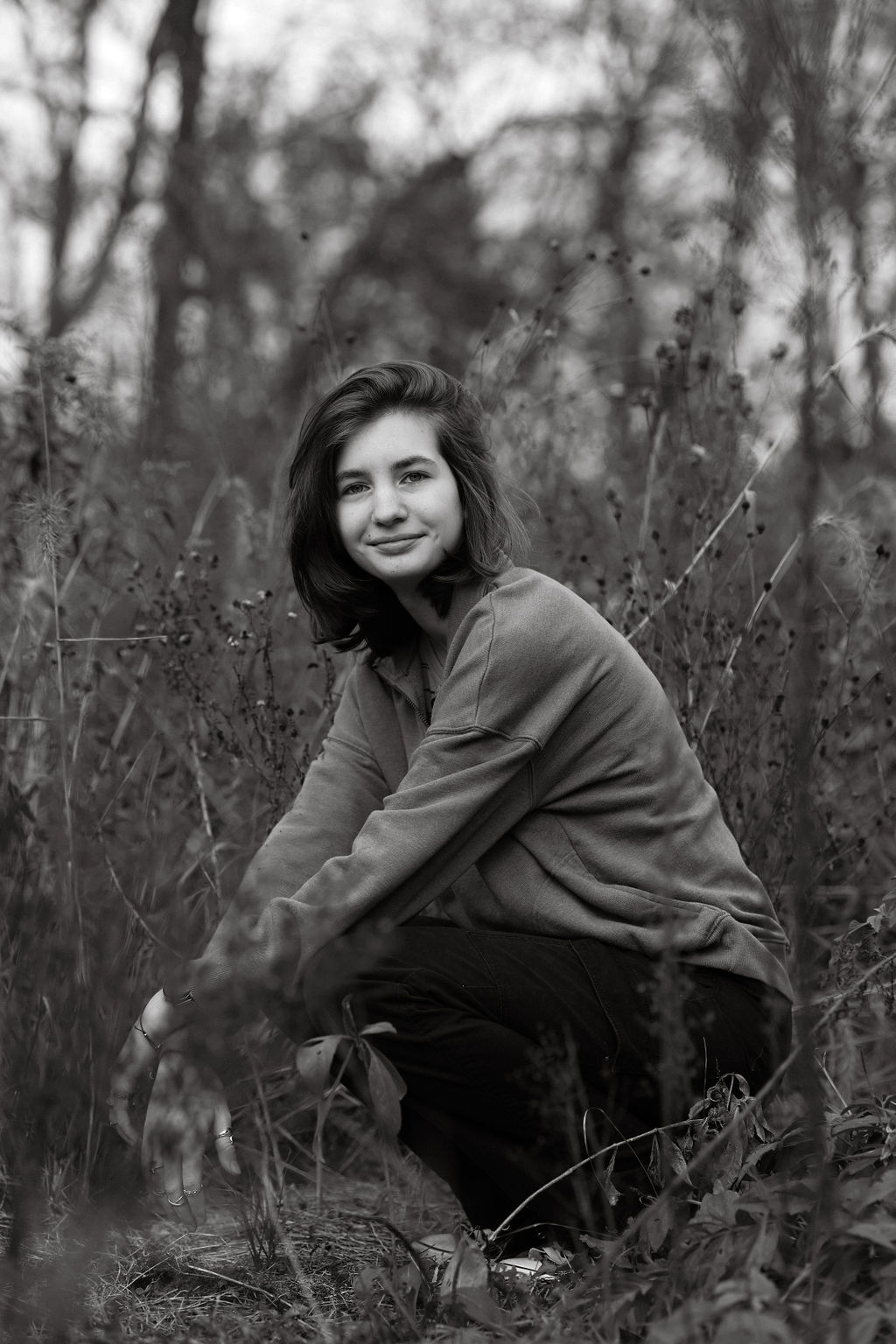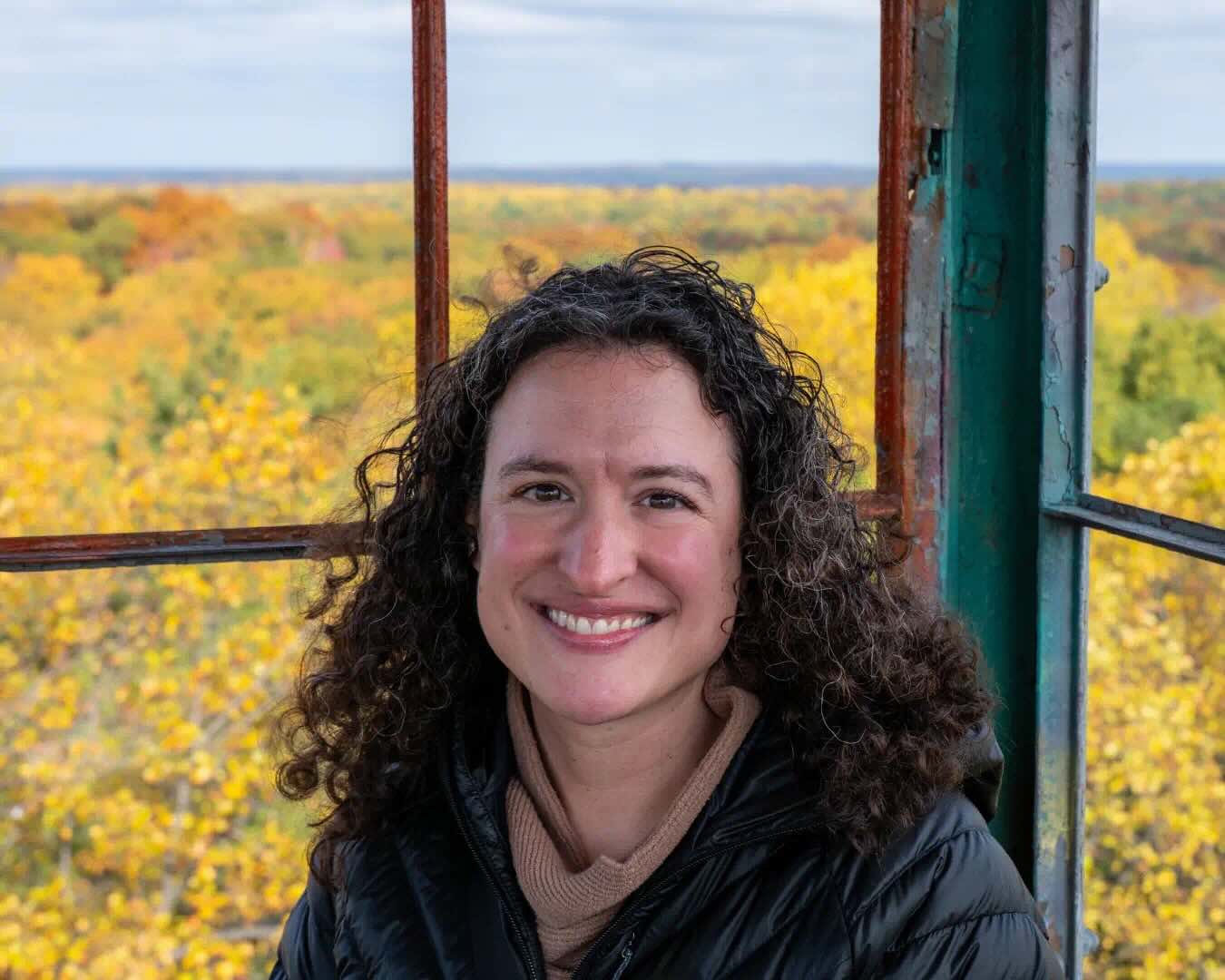Julia Saltz
My lab studies the evolutionary genetics of animal behaviors. Studying the evolutionary genetics of behaviors is uniquely exciting and challenging because individuals’ behaviors are not only influenced by their own genes, but also by the genes of interacting individuals. To contribute to meeting these challenges, my lab uses ecologically-relevant behavioral analysis, quantitative genetics and genomics, and artificial evolution in a rigorous model system. Using tools available in flies (Drosophila melanogaster, and related species), we can replicate and manipulate individuals and entire social groups, within and among generations, to understand genotype-environment feedbacks in individual development, within social networks, and over generations. Our discoveries link genetic variation in preferences, experiences, and behaviors across the lifespan and over generations to produce an integrative understanding of behavior and its evolution.
I completed my A.B. at Princeton University, my PhD with Andy Sih in the Population Biology Graduate Group at the University of California, Davis, and my postdoc with Sergey Nuzhdin at the University of Southern California.
At IU, I am a faculty member in Biology and a member of the Center for the Integrative Study for Animal Behavior (CISAB). I serve on the EEB Graduate Admissions Committee and the College Academic Fairness Committee. My full CV is here.

Gihan Jayasinghe
Gihan graduated with a Bsc from University of Colombo in Sri Lanka. He is interested in the interplays between behavioral plasticity and evolutionary genomics. He joined the lab in Fall 2023.

Kat West
Kat is a recent graduate from the University of South Alabama interested in the behavioral drivers of social network variation.

Maisie Lyday

Morgan McEachern

Rose Stump
Jonathan Strand
Allison Jaffe
Anna Girardeau
Anna graduated from Rice in 2021 and orchestrated a large scale project to study the evolution of aggression. She is now completing her master's degree in Data Science at UT Austin
Ben Johnson
C. Nick Keiser
Ceyda Kural
Charlotte Hovland
Elim Taffere
Elim is a graduate of Rice who is interested in who is interested in studying neurolinguistics from the individual to societal level, and immunology. She conducted research in the Saltz lab as an undergraduate and thenserved as our lab technician in 2024-205. During her time in the lab, she ran a large project investigating the evolutionary genomics of GxE for social dynamics. Now she is a PhD student at UTMB
Emma Every
Eric Wesley Wice, PhD
My research addresses how interactions between natural selection and social selection shape the structure and evolution of social groups. Integrating quantitative genetics, social network theory, nutritional geometry, and the genetic tools available with the Drosophila melanogaster study system, I seek to understand how ecological forces interact with social behaviors, to shape the social environment individuals experience. I received my B.S. from the University of Virginia in 2013, joined the Saltz Lab at Rice in 2015, and advanced to PhD candidacy in 2017.
Francie Hessell
Frederick Cavallaro
Indigo (Indy) Saltz
Indy was a very Good Girl who ruled lab meeting with an iron paw for more than 10 years. She is missed.
Jose Ramirez
now in medical school!
Lea Pollack, PhD
My research focuses on how differences in individual social preference and group composition influences whether animals fall for traps, and how this could lead to the rapid evolution of social traits. In the Saltz lab, I am using fruit flies falling for a common evolutionary trap (i.e., apple cider vinegar traps) to identify how a trap could cause the evolution of social behavior and other correlated traits.
I received my PhD from the University of California, Davis in 2021 and was a member of the Saltz lab as an NSF Postdoctoral Research Fellow in Biology from 2021-2023. I am now a Postdoctoral Researcher at the University of Minnesota in the Snell-Rood lab.
Madeline Adams
Madeline Burns, PhD.
My research focuses on how and why variation in learning exists between and within species - particularly how differences in individual environmental experience combine with differences in the neural mechanisms of memory and recall to produce variation in learning ability. Through comparison of the model organisms D. sechellia and D. simulans, I am seeking to increase understanding of the genetic basis of variation in learning - coupling learning assays with quantitative genetics approaches. I received my B.S. in Biology from Texas A&M in 2012 and worked in industry before joining the Saltz lab in 2016, earning her PhD in 2021. Now, Madeline is a Postdoctoral Researcher in the Hongjie Li lab at Baylor College of Medicine.
Marina Hutchins, PhD
My research primarily explores how individuals make decisions on how to with conspecifics. By using Drosophila melanogaster as a study system, I can incorporate genotypic variation into my investigation of how individuals interpret, produce, and use social signals to inform their own social behaviors, in addition to investigating the evolutionary feedbacks created by social information use on population-level processes. I received my B.S. in Biology with a minor in Genetics from Texas A&M University in 2018 and graduated with my PhD from Rice in August 2024. I am now a UT Stengl-Wyer Postdoctoral Fellow.
Ogechukwu Anwaegbu
Patricia Bilderback
Patricia graduated from Rice in 2023 and is now leading a large project investigating GxE for social behaviors
Rachel Marren
Raleigh Anderson
Simone Maddox
Sophia LaRochelle
Sophia is was apost-baccalaureate scholar supported through the NSF-RaMP (STEGG-INTERACT) program. She is interested in how animals respond to multiple anthropogenic stressors through their behaviors. She is now a PhD student at MSU.
